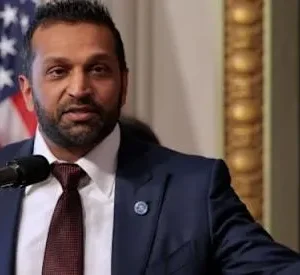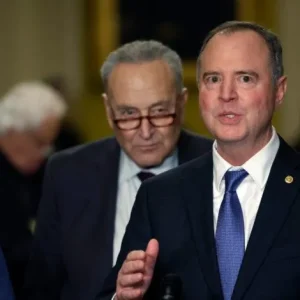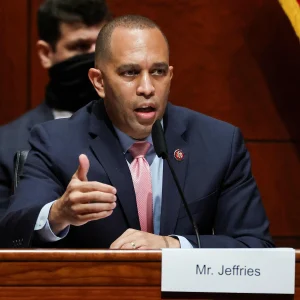Robert F. Kennedy Jr., the independent presidential candidate and prominent environmental attorney, has sparked intense national debate with his proposal to ban gender-affirming surgeries for minors. Framing the issue as one of protecting children from irreversible medical decisions, RFK Jr. has placed himself at the heart of one of the most divisive cultural and political topics in the United States. His stance, which diverges sharply from mainstream Democratic views and aligns more closely with conservative positions, has reignited broader conversations about parental rights, medical ethics, bodily autonomy, and the boundaries of government intervention in healthcare.
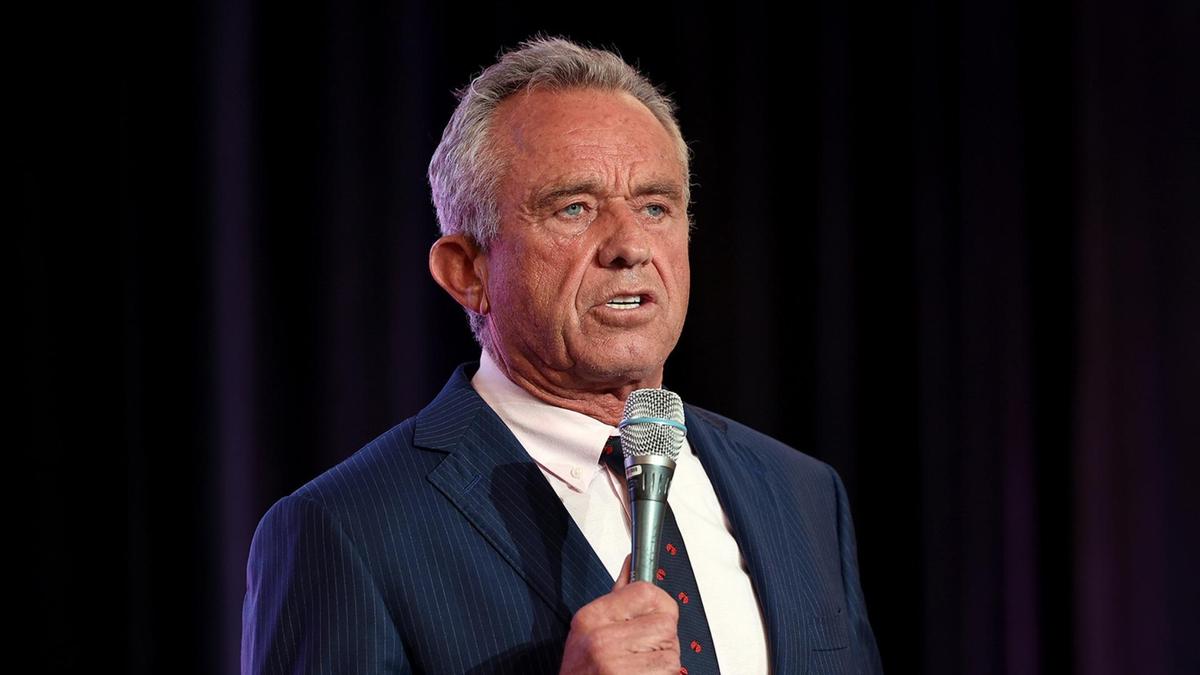
Kennedy, known for his controversial views on vaccines and government transparency, announced his opposition to gender-affirming surgeries for individuals under 18 during a campaign event, stating that minors are not capable of making life-altering decisions about their bodies. He argued that the government has a responsibility to step in when necessary to protect children from what he describes as irreversible harm. His campaign later clarified that his position does not extend to banning all forms of gender-affirming care, such as counseling or puberty blockers, but specifically targets surgical procedures like mastectomies or genital reconstruction.
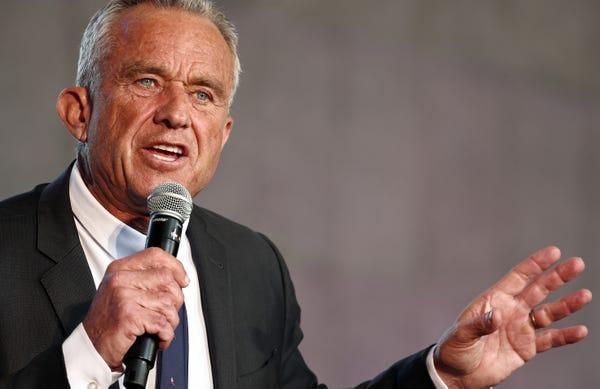
This proposal has drawn both support and outrage from across the political spectrum. Supporters argue that Kennedy is defending children from medical decisions they may later regret, referencing cases of so-called “detransitioners”—individuals who underwent gender-affirming medical care and later reversed their transition. They cite studies and testimonies suggesting that some minors may be influenced by social pressures or mental health struggles rather than a persistent and insistent identification with a different gender.
Kennedy’s position resonates with many conservative voters and some moderate independents who have grown increasingly skeptical of the rapid expansion of transgender healthcare for youth. These critics believe that the medical community has moved too quickly in endorsing treatments that carry significant physical and psychological implications, especially in young patients whose identities are still forming. For this demographic, Kennedy’s stance presents him as a candidate willing to challenge political correctness and prioritize what they see as common-sense protections for minors.
However, his proposal has also sparked fierce backlash from LGBTQ+ advocacy organizations, medical associations, and civil liberties groups. Critics argue that Kennedy’s plan is not only medically misinformed but also dangerously stigmatizing. Major health institutions, including the American Academy of Pediatrics and the American Medical Association, support access to gender-affirming care—including surgery in rare and carefully considered cases—for adolescents experiencing gender dysphoria. These organizations emphasize that such care is evidence-based and provided in accordance with rigorous guidelines, involving teams of doctors, mental health professionals, and parental consent.
Opponents of the ban contend that restricting access to gender-affirming surgery undermines the rights of transgender youth to receive medically necessary treatment. They argue that these procedures, while rare among minors, can be life-saving for those experiencing severe gender dysphoria, a condition linked to high rates of depression and suicide when left untreated. They see Kennedy’s stance as a form of government overreach into personal medical decisions, fueled more by cultural panic than scientific consensus.
Kennedy’s position also reflects the growing challenge of defining centrist politics in today’s polarized climate. Running as an independent, he seeks to appeal to voters disillusioned with both parties. By taking a conservative stance on transgender surgeries for minors while maintaining progressive positions on issues like environmental protection and corporate accountability, Kennedy appears to be crafting a hybrid platform that defies traditional ideological categories. Yet this also risks alienating voters on both sides, who may view his positions as inconsistent or opportunistic.
From a legal standpoint, implementing a federal ban on specific medical procedures for minors would raise serious constitutional questions. Such a move could face challenges based on parental rights, equal protection under the law, and medical freedom. Any legislation along these lines would almost certainly provoke court battles, potentially reaching the Supreme Court. In this sense, Kennedy’s proposal may be more symbolic than practical—a way to signal values rather than a realistic policy goal.
Nevertheless, the political potency of the issue cannot be ignored. Transgender rights, particularly as they relate to youth, have become a flashpoint in American culture wars. State legislatures across the country have introduced and passed laws restricting gender-affirming care for minors, and public opinion remains deeply divided. In this context, Kennedy’s stance may galvanize support among voters seeking a middle ground between unrestricted access and outright prohibition.
As the 2024 election cycle progresses, RFK Jr.’s position on transgender healthcare for minors will likely remain a lightning rod for debate. It challenges the notion that discussions around gender identity and youth should be confined to partisan silos. At its core, the question he poses is one that forces Americans to grapple with competing values: protection versus autonomy, evidence versus ideology, and who ultimately decides what is best for a child—the government, the parents, or the child themselves.
Whether one supports or opposes Kennedy’s proposed ban, it is clear that the conversation he has ignited reflects a broader national struggle over identity, medicine, and morality in the 21st century. In bringing this issue to the forefront of his campaign, RFK Jr. is not only staking out a controversial policy position—he is inviting the country to confront one of the most urgent and sensitive ethical debates of our time.

